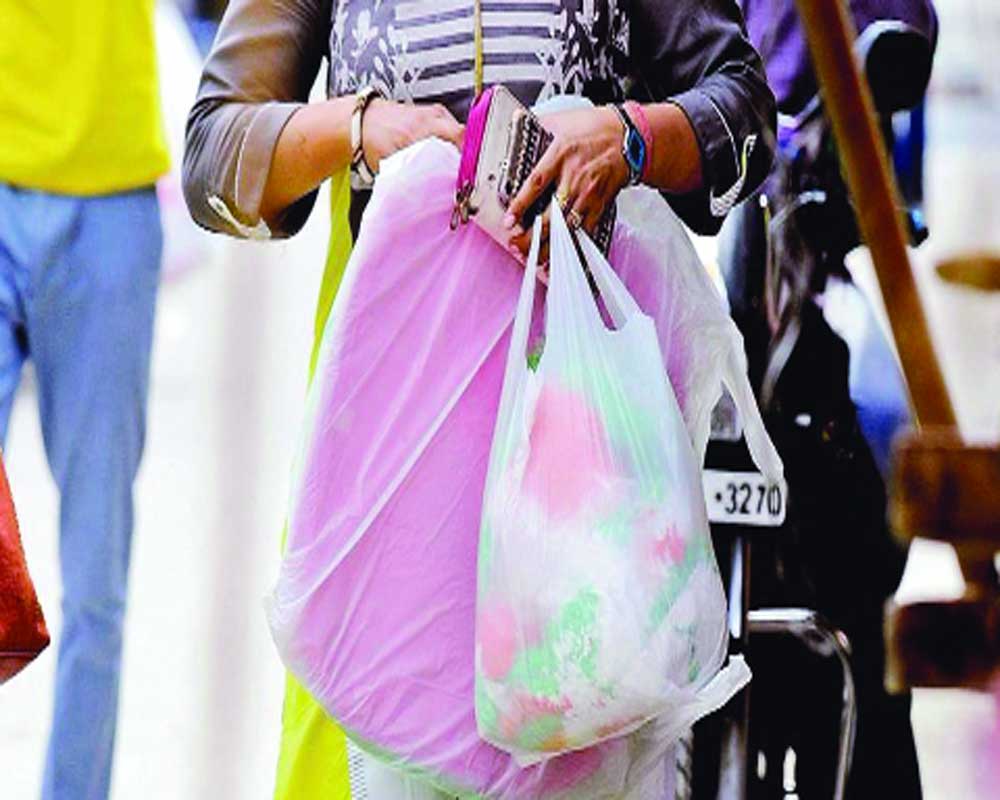It may be a wonder material but its overuse has an environmental cost. Are replacements worthy?
When we first synthesised plastic polymers from crude oil residues, mankind hardly knew how dominant a part they would become of modern life. Like it or not, we cannot imagine modern life without plastics. Think of it this way — it is cheaper today for us to manufacture plastic cutlery than hand out wooden spoons. From the cars we drive and the planes we fly, to almost every product that every single human being comes in contact with, there is a bit of plastic somewhere. And this is a result of not just the fact that it is cheap but also extremely durable, immune to most types of corrosion and weather. Ergo, it has become the material of choice in several applications. Most beverages, for example, are not sold in glass bottles but in breakage-free plastic containers.
But since it takes centuries to degrade, landfills and oceans are getting filled with its remains. With animals, birds and marine life also being impacted, many humans have ingested it through food. Make no mistake, plastics are harmful — they can block digestive passages of animals. Several whales have starved to death because of choking. In major metropolitan areas though, such as Delhi, plastic pollution has moved from being a potential danger to a threat to life itself. The Central Pollution Control Board (CPCB) found that the capital city topped the nation in the amount of plastic waste it generates. This has spurred the authorities into action. The change, however, must not be driven by the Government alone. Human behaviour and buying habits have to radically change for plastic use to decline. At the same time, we should not rush for solutions without studying the replacement material’s impact on the earth. Paper-fibre bags, which are quite popular as a being “environmentally friendly”, also degrade slowly and are equally damaging to drains. And unlike many plastics, they cannot even be recycled. While we can do a lot better such as reuse bags, buy fewer packages — a big bottle instead of sachets for example — we should also not go down a route of damning plastics altogether, because they are essential in far too many aspects of our lives. We should develop better ways of recycling them and disposing variants we can’t instead of dumping them.
Writer & Courtesy: The Pioneer








 OpinionExpress.In
OpinionExpress.In















Comments (0)